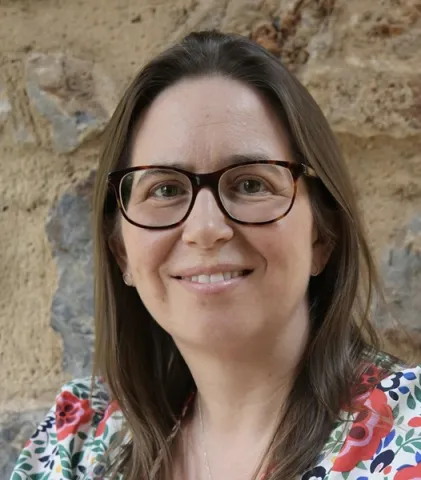About the project
The aim of this project is to use computational modelling in combination with experimental data to improve our understanding of placental antibody transfer, in close collaboration between Engineering and Medicine.
Antibody transfer across the placenta from mother to fetus is critical to protect the newborn infant against infection during the vulnerable early months of life. Understanding how placental antibody transfer works is essential in devising effective vaccination strategies, meeting global health challenges, as well as the development of new antibody drug conjugates.
Only specific antibodies (IgG) transfer across the placenta, but this process is highly complex and still not fully understood. Important questions remain, including exactly how IgG crosses the placental barrier and what are the rate limiting factors. For example, the different physical characteristics and spatial organisation of the various tissue layers, cellular interactions and differences in antibody binding may all affect transfer.
To address these questions, you will build on our previous multidisciplinary work to:
- develop a compartmental modelling framework for the placental transfer of IgG antibodies
-
use 3D microscopy to map the uptake and distribution of antibodies in placental tissue
-
apply 3D image-based modelling to predict antibody transfer and validate this against experimental data


